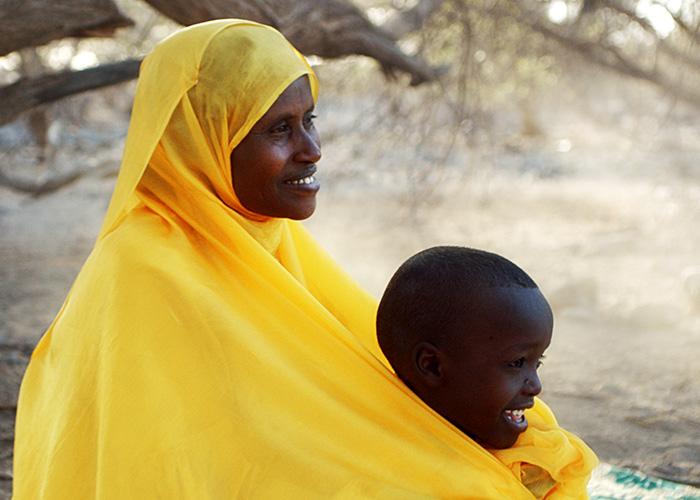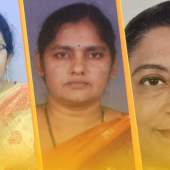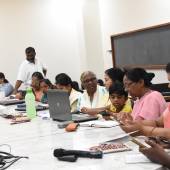International Day of Zero Tolerance for Female Genital Mutilation

Today is International Day of Zero Tolerance for Female Genital Mutilation.
The phenomenon continues to exist and is being practice in our time. In 2019, a 15-year-old girl, who worked as a domestic helper in Myanmar, was reported mutilated by a couple.
It was one of the many reasons why the UN called for an end to female genital mutilation by 2030.
Female genital mutilation, or FGM, comprises all procedures that involve altering or injuring the female genitalia for non-medical reasons and is recognized internationally as a violation of human rights, the health and the integrity of girls, and women.
Girls who undergo female genital mutilation face short-term complications such as severe pain, shock, excessive bleeding, infections, and difficulty in passing urine, as well as long-term consequences for their sexual and reproductive health and mental health.
Although primarily concentrated in 30 countries in Africa and the Middle East, female genital mutilation is a universal problem and is also practiced in some countries in Asia and Latin America.
Female genital mutilation continues to persist amongst immigrant populations living in Western Europe, North America, Australia, and New Zealand.
To promote the elimination of female genital mutilation, coordinated and systematic efforts are needed, and they must engage whole communities and focus on human rights, gender equality, sexual education and attention to the needs of women and girls who suffer from its consequences.
In 2012, the UN General Assembly designated February 6 as the International Day of Zero Tolerance for Female Genital Mutilation, with the aim to amplify and direct the efforts on the elimination of this practice.
Ending female genital mutilation in one decade will require support from every quarter. With significant population growth, especially among youth, investing in young people becomes indispensable. That is why this International Day will focus on mobilizing youth around the eliminations of harmful practices, including female genital mutilation under the theme: "Unleashing Youth Power: One decade of accelerating actions for zero female genital mutilation."
Although the practice has been around for more than a thousand years, there are reasons to think that female genital mutilation could end in a single generation. That is why the United Nations strives for its full eradication by 2030, following the spirit of Sustainable Development Goal 5.
Since 2008, the UNFPA, jointly with UNICEF, leads the largest global program to accelerate the elimination of female genital mutilation. The program currently focuses on 17 countries in Africa and the Middle East and also supports regional and global initiatives.
Over the years, this partnership has seen significant achievements.
For instance, more than 3.3 million girls and women supported by the Joint Program have benefited from female genital mutilation-related protection and care services and 13 countries have established legal frameworks for banning female genital mutilation and have established national budget lines funding programs to address it.
The body according to St. Paul is a temple of the Holy Spirit (1 Corinthians 6:19). Any part of the body should not be mutilated. Instead, it should be respected and valued.
Radio Veritas Asia (RVA), a media platform of the Catholic Church, aims to share Christ. RVA started in 1969 as a continental Catholic radio station to serve Asian countries in their respective local language, thus earning the tag “the Voice of Asian Christianity.” Responding to the emerging context, RVA embraced media platforms to connect with the global Asian audience via its 21 language websites and various social media platforms.














